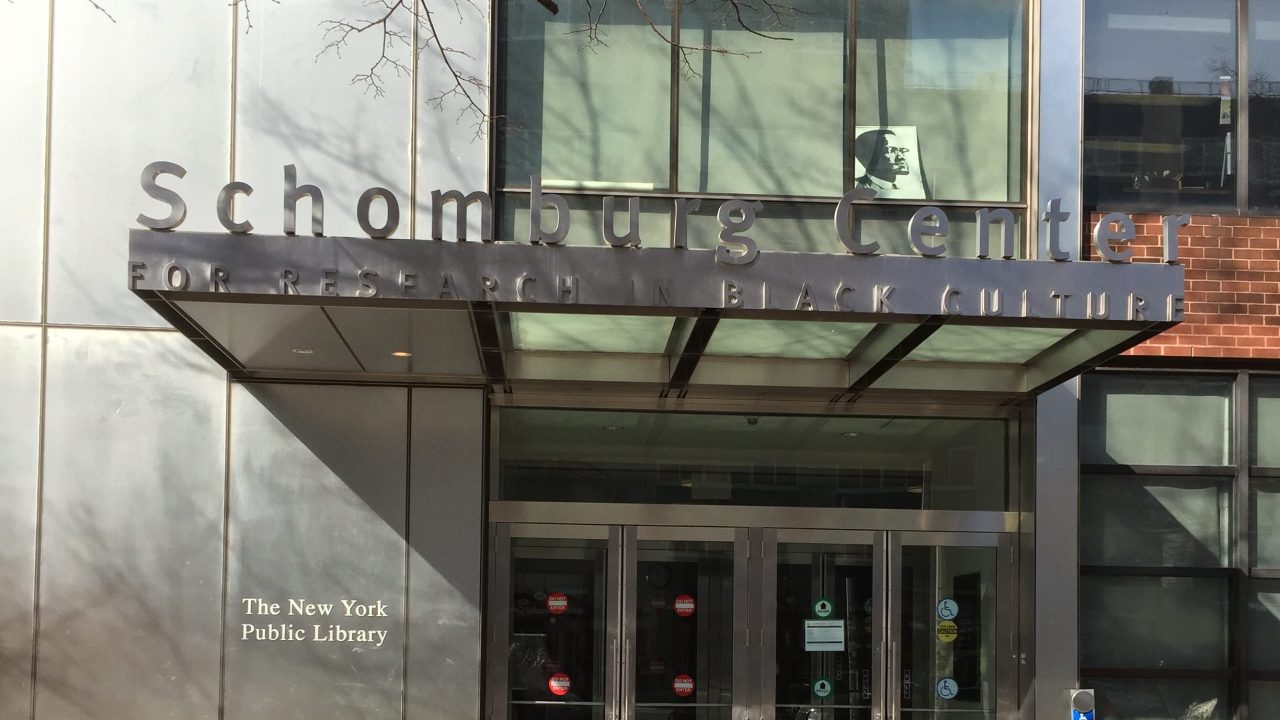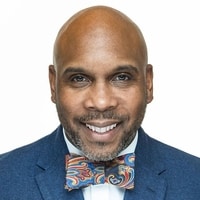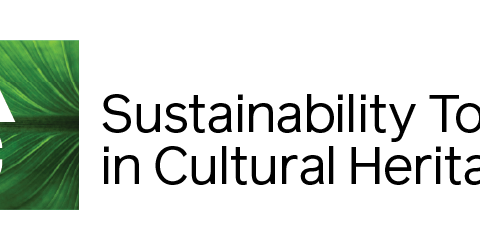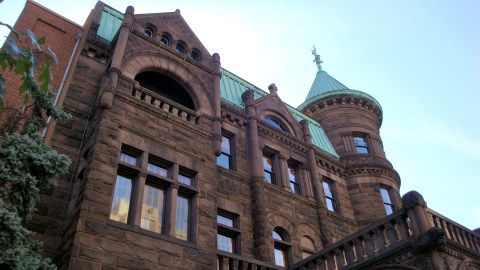
As Facing Change Senior Diversity Fellows, I and my associate fellows have been tasked with supporting museums as they address the lack of racial diversity in the governances of their institutions. In this journey, I’ve been reminded of a question: “What kind of ancestor will you be?”
I first heard this question posed by Richard Josey, Founder and President of Collective Journeys, at a panel on diversity and inclusion at the 2017 American Association for State and Local History (AASLH) Annual Meeting in Austin, Texas. I have used it as a guiding principle in my work ever since.
Our role as members of history communities come with a responsibility to advocate for the unheard and the unseen. Arturo Schomburg—the black Puerto Rican historian, writer, activist and bibliophile whom the Schomburg Center for Research in Black Culture is named after—was motivated to “stand in the gap” for black people when his school teacher told him black people have no history. He went on to build one of the most prolific collections of books detailing the rich history of the continent of Africa and its growing diaspora. His legacy was to confirm the humanity of a people by disrupting the ‘single story’ that still attempts to dehumanize them today.
Our field is being challenged with the task of rebuking the single narrative. Chimamanda Ngozi Adichie, a Nigerian novelist, has a famous TED Talk titled, “The Danger of the Single Story”, in which she argues that there are consequences to perpetuating monolithic narratives. She says, “The single story creates stereotypes, and the problem with stereotypes is not that they are untrue, but that they are incomplete. They make the one story become the only story.”
“There is that great proverb—that until the lions have their own historians, the history of the hunt will always glorify the hunter.”
We have the chance to dislocate dominant culture and tell stories from multiple perspectives by being co-stewards with the communities that we serve in the spirit of equity and inclusion. Our museum communities get to provide transformational experiences which allow the world to understand the value of all humanity.
Our sector should strive to be the types of ancestors that changed the course of history by how they stewarded it. What will historians, artists, and museum professionals say about us? Will they say that our generation were the ones to lift the veil of division? Will they say that our generation focused on community interpretation that focused on bringing proximity to differences as opposed to isolation?
One of our African American ancestors, James Baldwin said this about history:
“History, as nearly no one seems to know, is not merely something to be read. And it does not refer merely, or even principally, to the past. On the contrary, the great force of history comes from the fact that we carry it within us, are unconsciously controlled by it, and in many ways, history is literally present in all that we do. It could scarcely be otherwise, since it is to history that we owe our frames of reference, our identities, and our aspirations.”
In other words, yes, those of us in public history deal with the past, but not in isolation. We minimize the impact of our work when we do not allow narratives to be nuanced and connected to the present. Furthermore, we minimize our impact on society when we do not allow lessons of the past connect to the relevance of the present to inform our trajectory to the future.
We have allowed false notions of time to be impediments to our work. For example, those in power have worked hard to convince us that only time can solve the problem of racial injustice. This implies that a sense of urgency is not necessary for our role in helping our country heal from generations of social injustices. We should allow time to passively and miraculously cure these iniquities. Dr. Martin Luther King, Jr., taught us in his 1967 speech at Stanford University titled, “The Other America” that time is actually neutral and it was incumbent on humanity to use it constructively or destructively. Here is an excerpt of his speech:
“Somewhere we must come to see that social progress never rolls in on wheels of inevitability…it comes through the tireless efforts and the persistent work of dedicated individuals and without this hard work time itself becomes an ally of the primitive forces of social stagnation…so we must help time and we must realize that time is always ripe to do right.”
In working toward social change you inevitably encounter resistance, not because of singular bigoted individuals but rather systemic issues that all of us have upheld, intentionally or unintentionally. One form this takes, when advocating for racial diversity in particular, is hearing that you should focus on “other kinds of diversity.” But in being good ancestors, and knowing the importance of our focus, we remain steadfast, savvy, and strategic by helping our field understand that we can use an intersectional approach to our work. Our methodologies do not have to promote a “race-only” strategy. Institutions like RaceForward have framed “race and” strategies (i.e. “race and gender,” “race and class,” or “race, gender, and class”) that are more inclusive and accessible to the public who come to our museums.
Good ancestors “stand in the gap” created by injustice and inequality. As Dr. King stated good ancestors must be tireless, persistent and dedicated. Good ancestors realize that “time is always ripe to do right.” Now ask yourself, “What kind of ancestor will you be?”
About the author:
Omar Eaton-Martínez is a Facing Change Senior Diversity Fellow. He leads the Prince George’s County Historical Resources, which include historic house museums, an aviation museum, a Black History Program, and archaeological parks. In November 2019, he was appointed by Governor Larry Hogan to the Maryland Lynching Truth and Reconciliation Commission. He has worked at the Smithsonian National Museum of American History, the National Park Service, and the Office of the National Museum of the American Latino Commission. He has held a leading role on the Steering Committee for Museums and Race: Transformation and Justice and contributed to the Museum as Site for Social Action project. He was named the National Board Chair for Museum Hue, and has also has been a board member for Words Beats & Life and the Ambassador Horace G. Dawson Scholars.









Well stated. Much needed. Press on!